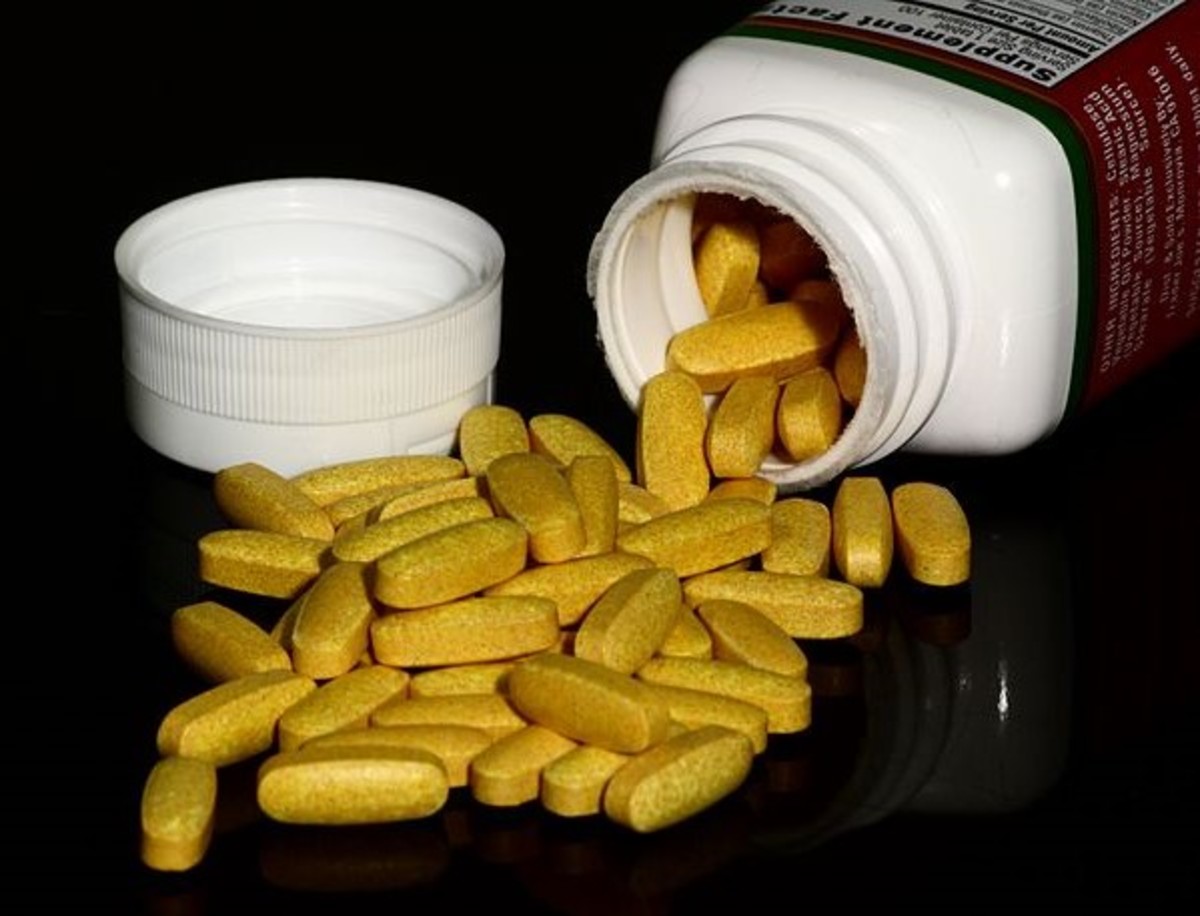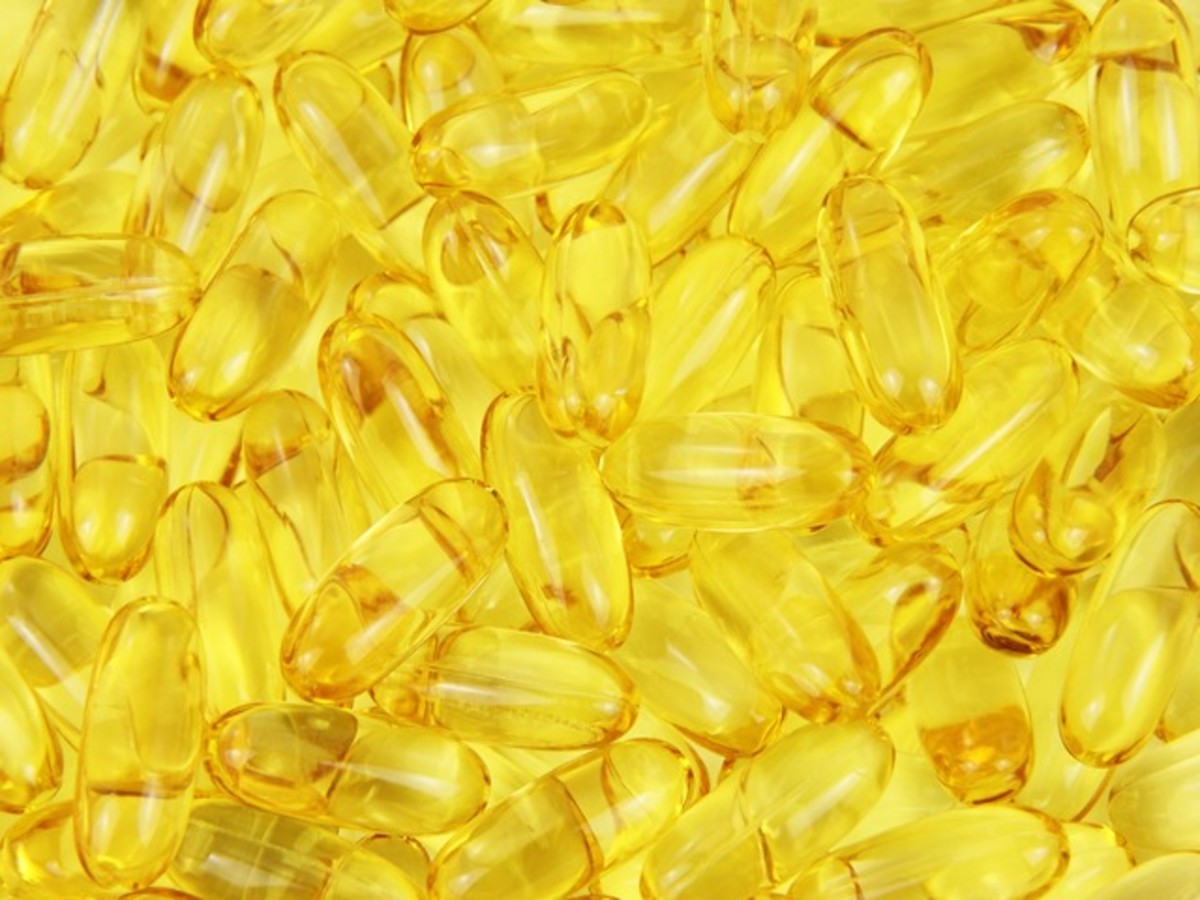Are Dietary Vitamin Supplements Safe?
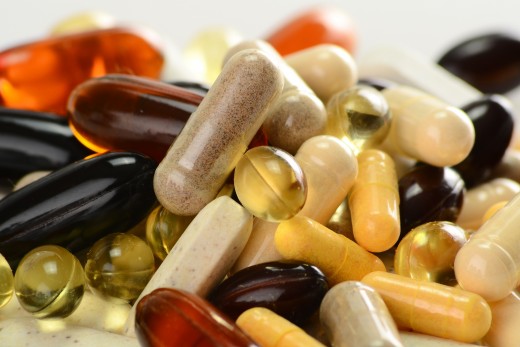
Vitamin supplements are often promoted as having positive effects on your health. But are dietary vitamin supplements safe? This important question will be discussed in this article. So why do people consume dietary vitamin supplements? Often, it is to contribute to the body's micronutrient requirements. When an individual's micronutrient requirements are satisfied, the human body will function efficiently. The concept that our micronutrient requirements being met solely by consuming dietary vitamin supplements seems a daunting prospect. This raises the question: is the consumption of common dietary supplements linked to good health? First we will consider what a dietary supplement actually is.
What is a dietary supplement?
A dietary supplement is something which is consumed in addition to your regular dietary needs to complete or enhance the full functions of your body. For example, you might have encountered a broad 'multi-vitamin' supplement or solo 'Vitamin D' supplement. The consumer typically has a large selection of vitamin products to choose from. The type of product is not necessarily the problem; the problem is how additional ingredients of these products are metabolised. Often, the delivery of dietary vitamins can take several forms, such as:
- Capsules & Tablets (most popular, but often least effective and potentially dangerous)
- Powders
- Softgels
- Chewables
- Fortification (adding micronutrients to foods)
Health care professionals prescribe and provide general advice for a wide range of individuals - from patients to athletes. In addition, people have a selection of dietary vitamin products being available over the counter for a consumers to select for themselves. But are these vitamins which are so readily available healthy and safe? There is a body of growing research which suggests this may not be the case. This will be outlined next.
Do you really know the ingredients in dietary supplements?
There has been numerous claims that dietary supplements can contain anywhere from 40% up to 70% of unnecessary ingredients due to the process in which the dietary vitamin supplement is formed1. These are by-products which are used specifically for the creation of the dietary vitamin supplement. The added ingredients aren’t completely detrimental to your health in small amounts but some of the following have caused controversy. Companies creating the product will use these by-products to produce a desired look, taste and smell of the dietary vitamin supplement rather than ensuring the active ingredients will be metabolised.
So what should be avoided and why?
- Titanium Dioxide
- Magnesium Stearate
- Artificial Chemicals (colours, preservatives and additives)
- Hydrogenated Oils
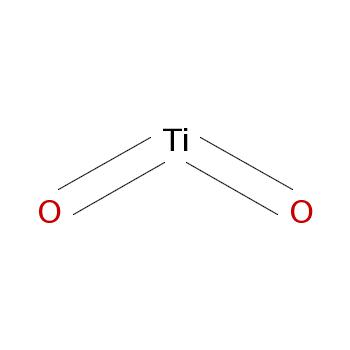
Titanium Dioxide
Titanium dioxide is not a vitamin and it does not contribute to completing or exchanging an individual's micronutrient requirements. The ingredient is used as 'filler' so the dietary vitamin supplement is of the right size and shape. The reason why this approach is used is because the active vitamins in the supplement are found in such small doses which consequently leaves an incredibly tiny tablet or capsule left. This is not ideal from the manufacturers' perspectives.
Recent research also suggests that this ingredient can damage the immune system. If you are using a vitamin supplement and you see this ingredient is part of the supplement, please consider the potential danger from Titanium dioxide. The size of tablets and capsules are often 40-70% smaller if the companies producing the vitamin supplements remove this harmful ingredient.
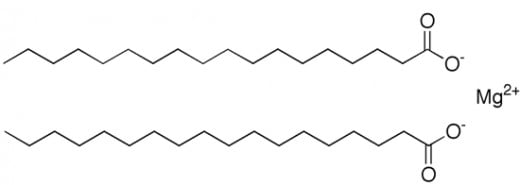
Magnesium Stearate
Magnesium stearate, sometimes referred to as vegetable stearate, can be found in a considerable quantity of dietary vitamin supplements. Magnesium stearate is not a vitamin. So is it safe to be consumed? It is important to be clear on what this chemical is used for and why it is found in supplements. Magnesium stearate's sole purpose is to lubricate the machinery during the production of the vitamin supplement. When the ingredient is active in the body it can create a biofilm.
As a result, this biofilm can stop your body from absorbing anything the supplement contains. Not only does this render the dietary vitamin supplement useless; it is also certainly unhealthy.
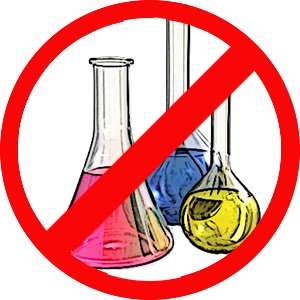
Artificial Chemicals
It is not safe to consume a variety of artificial chemicals. It has been cited that there are various artificial colours in dietary supplements. This is not safe. Artificial colours are used excessively in processed foods and have been controversial ingredients for years. There should be no exception to this controversy for the use of artificial colours in vitamin supplements. This is because the supplements are still being consumed. The issue with safety is that manufacturers and companies are developing products which often choose aesthetics over health. The problem is that the vitamin supplements are supposed to be beneficial for your health! It would be practicable to consistently check whether your vitamin supplements have artificial colours, preservatives or additives in them. If they do it is worth scrutinising the chemical because more often than not it is not safe to consume.
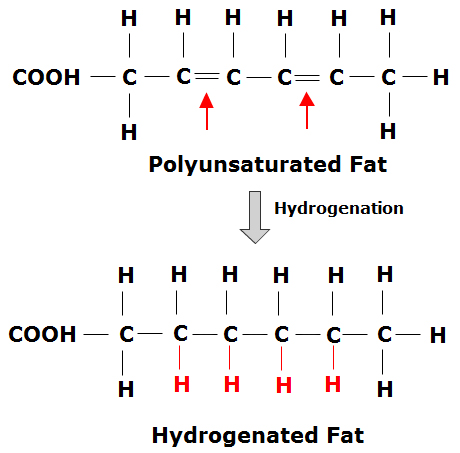
Hydrogenated Oils
Hydrogenated oils have been known to increase the likelihood of heart problems. This is because hydrogenated oils contain trans fat. The problem with trans fat is that is raises LDL ("bad") cholesterol and lowers HDL ("good") cholesterol. From this, it is clear that hydrogenated oils can cause health complications by damaging the heart, the circulatory system and their functions; there are also other harmful effects of this oils. Overall, it is not safe to consume hydrogenated oils in dietary vitamin supplements; yet manufacturers still use it, why?
The chemicals which have been discussed are often in standard quality dietary vitamin supplements. It has not been proved that they are safe for consumption. Is this the best reason to avoid them?
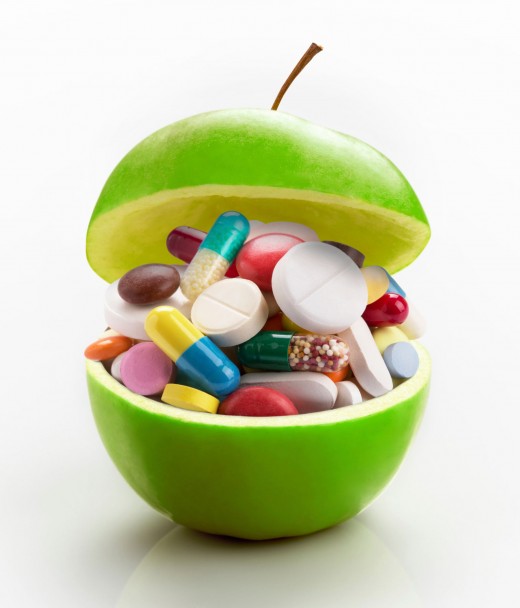
A Clinical Insight on Vitamin Supplement Safety
Due to the supplement industry rapidly expanding there has equally been an expansion in clinical research on vitamin supplement safety. There are notable clinical trials which have drawn the same conclusion; this is that vitamin supplements are inefficient and may cause heart and cardiovascular problems later in life among other illnesses.1
It appears the human body is not able to completely absorb dietary vitamin supplements. We cannot be certain if vitamin supplements are safe or not. Additionally, it is plausible that certain dietary vitamin supplements do not metabolise effectively thus having no beneficial effects on an individual's health. As a result, it does seem right that health issues can be solved by typical vitamin supplements because they might not work and might even be potentially harmful.

Most Vitamin Supplements Are Not Safe
In conclusion it seems that you cannot be certain if dietary vitamin supplements are safe. It is best to know every ingredient in your supplement as by-products and fillers are not safe. The regular standard of vitamin supplements is not good enough. There is no requirement to add filler or by-products to a vitamin supplement that millions will consume but the industry continues to do this at the expense of the consumer's health. This is not acceptable.
There are supplements which are produced without the obscure additions aforementioned throughout this article. This type of supplement is often produced with edible organic produce rather than by-products. For example, the capsule of a vitamin supplement would be created with an organic vegetable as opposed to additional unnatural chemicals. Overall, all vitamin supplements should be scrutinised for their ingredients. More often than not though, organic and natural vitamin supplements are superior and safer in comparison to the 'industry standard' tainted with unnecessary by-products and filler.
References
1http://annals.org/aim/article/1789253/enough-enough-stop-wasting-money-vitamin-mineral-supplements (accessed 01/12/2016)
© 2016 Infopedia



